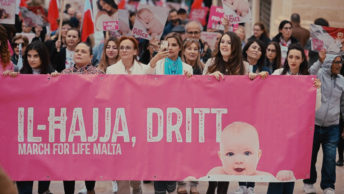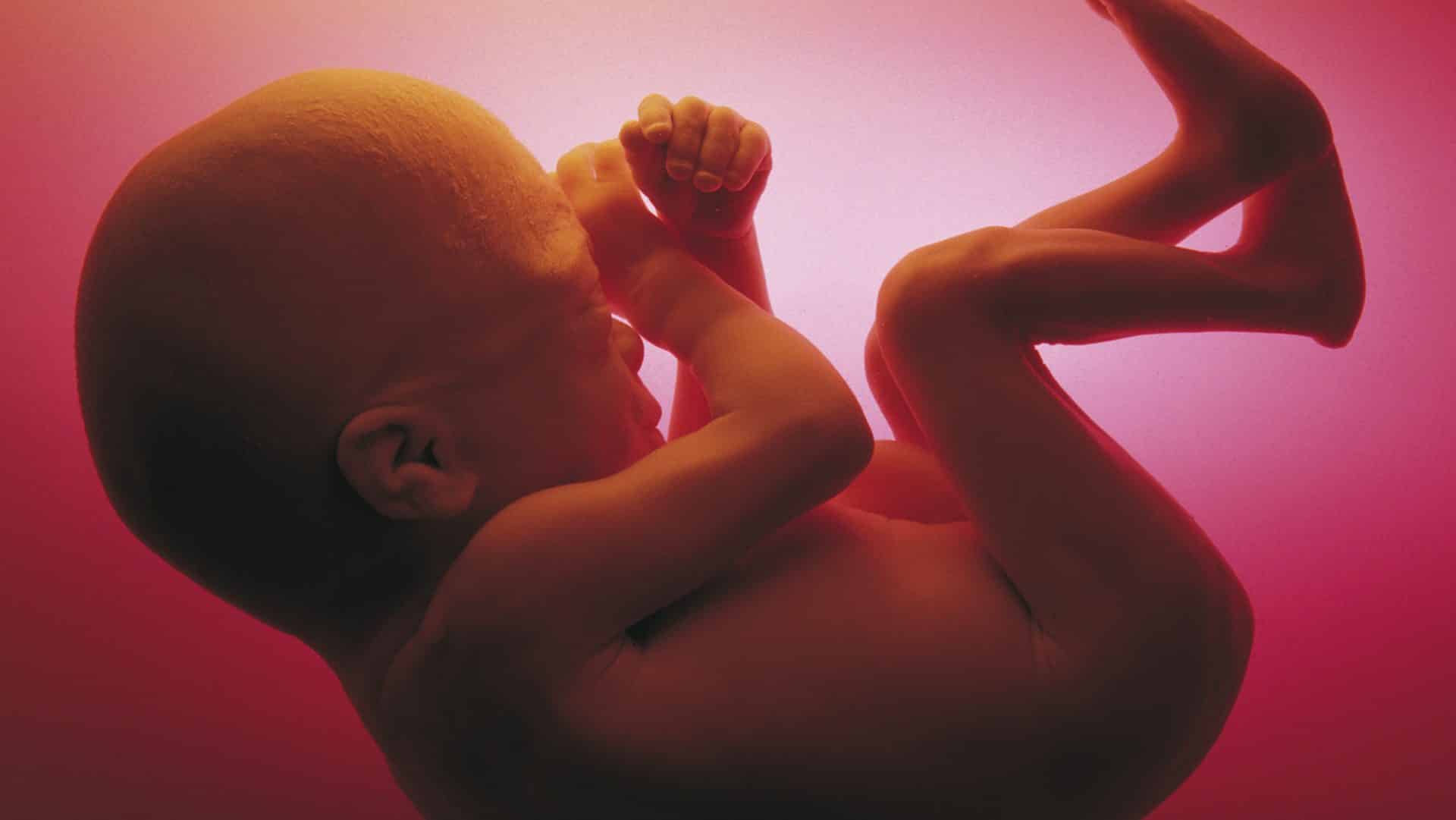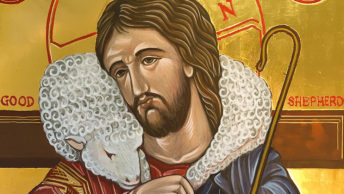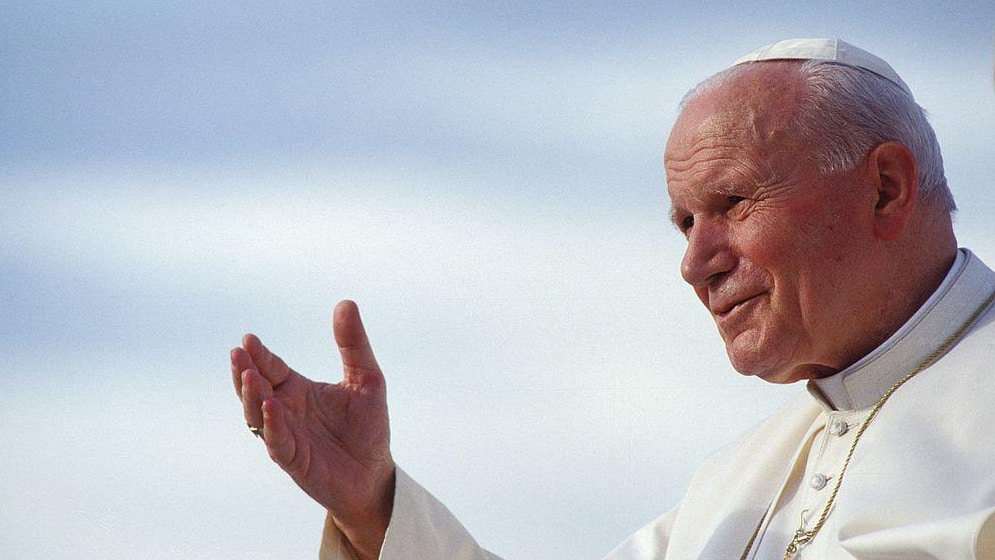Science has proven convincingly how newborn babies, especially those thrust out of the warm coziness of the womb prematurely, need plenty of physical love-filled touching in order to live and to thrive.
I find all this fascinating, particularly in light of our readings for the Sixth Sunday in Ordinary Time. Lack of tenderness and warmth would be most detrimental and leave deep emotional and behavioral scars on anyone deprived of them. However, the culture in which we were born and raised dictates the proper degrees and forms of interpersonal closeness and correct displays of affection. Naturally, what is proper in one culture might be frowned upon in another.
Personally, I had to adjust as I moved from Italy to the United States and from here to Southeast Asia and back. Now, everything has changed for all of us: It has been already almost a year since the pandemic has somehow flattened all cultures through protocols of prescribed distance. That distance still wounds the soul and fills our world with suspicion, uncertainties and coldness. Consequently, this slow dehumanization is affecting us considerably. We all notice occasional quirkiness in our behavior that we cannot explain; and we perceive similar unfamiliar reactions in those with whom we interact. Our readings invite us to close this painful parenthesis, at least in our minds, and imagine our world healed anew, made whole once again by plenty of physical contact and physical interaction.
Historically, all cultures can trace their origins to ancient times when survival of the individual depended entirely on the physical closeness and the support of other members of the group. This was true also of the people of Israel that Yahweh God had chosen to become His own cherished possession. This remains true of the New Israel, the Church of the living God.
The reading from Leviticus (13:1-2, 44-46) hints at the drama that isolation can cause in God’s people as it can in any other people. As Moses prescribed, for the good and the protection of the group, some individuals, namely those with contagious diseases or skin disorders like leprosy, had to be cut off from the group.
Life, protection and wholesomeness are found within the group; isolation and possible death outside the group. But, why is physical contact so vital? Our Catholic Church traces this need all the way back to our Creator God. Our Triune God, who is a Community of love, longed to feel, to touch, to get “His hands dirty.” So, out of the dirt of the soil He formed us and breathed His spirit into our nostrils, thus making us living beings, the Bible assures us.
Michelangelo Buonarroti immortalized God’s life-giving touch to Adam on the ceiling of the Sistine Chapel. The entire Old Testament is a long history of physical contacts of Yahweh God with His people, through sounds, fire, clouds, water, portents and with spirit-filled prophets who made His voice audible. But, as we read on in the Bible; that was not enough: in the fullness of time, God became flesh and pitched His tent among us (John 1:14).
Jesus is the ultimate way in which God touches us in very physical ways. And, in his risen body, Jesus shows that God, for all eternity, has a glorified, yet physical body with still the horrific wounds of his passion and death. This mind-boggling truth explains why we all need and long for physical touches to reassure our frightened and insecure hearts that we are wanted, needed, loved by other people and by God! Simply put, the good news we are called to celebrate today is that, in Jesus, God wants to touch us.
“If you wish, you can make me clean.” In our sorry condition, we tell him together with the leper.
“If I wish?” Jesus would ask. “That is why I became flesh, in order to touch you and to bring you back into the comfort, the security, the life of the group, of the Church!” Jesus’ desire is always such that he deliberately, intentionally made and makes himself impure in order to reinstate into the Father’s family that leper and all of us with him.
For our sake he made him to be sin who did not know sin, so that we might become the righteousness of God in him. 2 Corinthians 5:21
We ought to be very, very grateful to our Catholic Church for she, more than any other denomination, has captured this longing of our God to get “His hands dirty,” to touch and to heal us. She has turned God’s longing to touch and to heal us into seven celebrations, into seven Sacraments.
They are seven ways in which God physically touches us through the hands of His minister, and with water, oil, the sign of the cross, a white garment, a lit candle, the sound of human voices and—especially with bread and wine. Actually, after the words of consecration, the bread still looks and tastes like bread, the wine still looks and tastes like wine; but have become our Lord who longs to physically take possession of our hearts and bodies so as to fill them with his Life.
Unbelievably beautiful as this truth already is; it is actually even more incredible and more awesome. In Holy Communion, through the physicality of the sacred elements, our Lord makes each one of us one with him. Our faith reminds us that, in here especially, we ought to feel a pristine physical closeness with each other in the Lord. Mindful of how ardently our Lord desires to touch us, that closeness ought to last a long time.
Hence, I wonder whether, in Holy Communion, the Lord is offering us a new way of being close to each other in spite of the distance, the uncertainties and the coldness that the pandemic has forced upon us. I believe that, through the Sacraments, but most eminently, through the Eucharist, the Lord keeps shouting to us how much He loves us and wants always to fill us with His Life.








